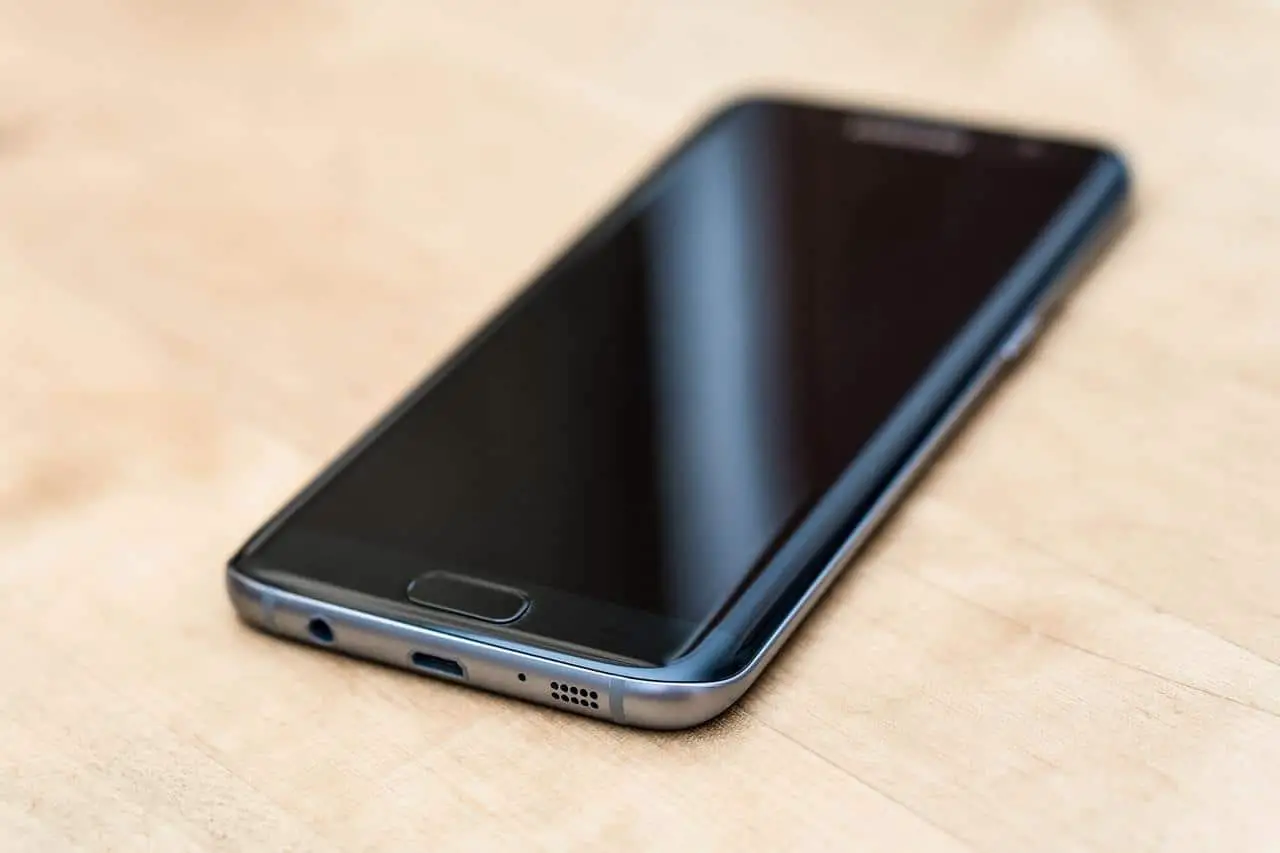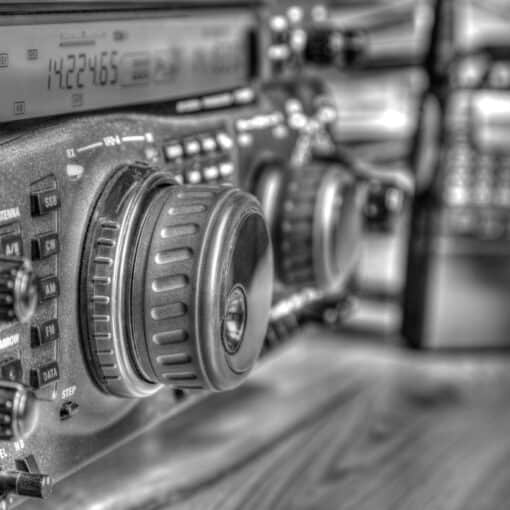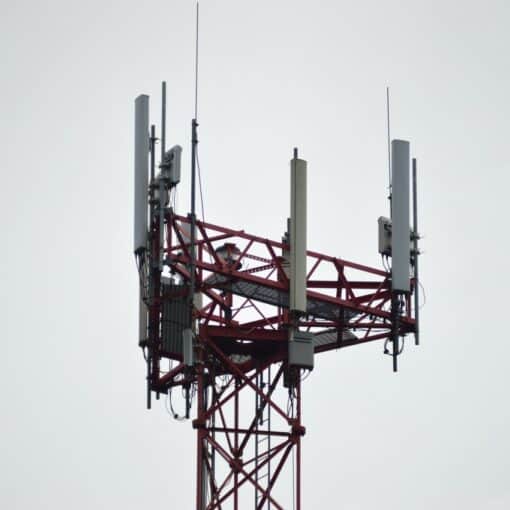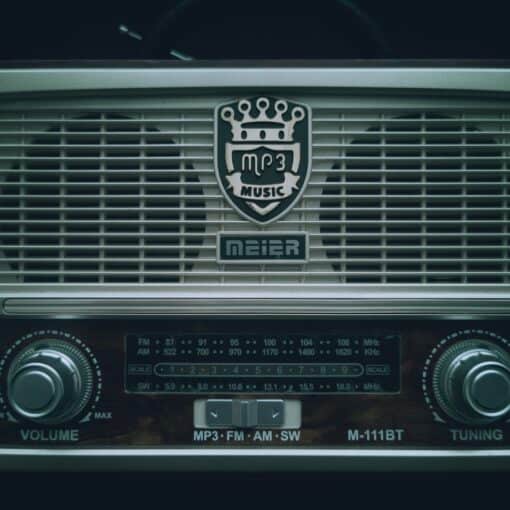We’re living in an age where everyone around us has a cell phone. They’ve become the dominant form of communication, to the point where most young people don’t bother with landlines anymore. So naturally, the question occurs—could you communicate, using an amateur radio, with cell phones? There’s a number of reasons why this question might have crossed your mind. Maybe you want to contact people when outside your service provider’s range. Maybe you’re among the few who don’t own a cell phone, but you’ve got a radio. Maybe you just want to know for the sake of knowing. Hopefully, it isn’t because you want to listen in on conversations.
Well, here is the short answer: you can’t. For whateverreason you may have wanted to, you can’t directly connect to a cell phone witha ham radio. It used to be possible, though, if you tried, but cell phones havemoved into the digital age whereas ham radio remains strictly analog. Moreover,the security and encryption on cell phones nowadays are so tight.
But despite all these solid answers given, there are still people out there afraid that their conversations are being listened in on. Yes, there are some creeps out there who want to try. So, a more satisfying answer to the question comes not in a yes or no format, but in an explanation as to why. If you used to be able to contact cell phones, why won’t it work any longer? What exactly stops someone from listening in on you, apart from the law? And even if you can’t hold a full conversation, can you do something else with cell phones? When it comes to the world of amateur radio, things are never as cut and dry as the quick answer suggests.
Digital vs. Analog
All cell phones have now gone to digital, which in layman’s terms means that the signals travel on different, and highly secure, frequencies. It is worth remembering, too, that even if we don’t use them much anymore, landlines these days are just as digital as cell phones. Pretty much every question asked about cell phones, the answer can be applied to a landline as well. Digital is easier, safer, and for most technology, it’s par the course. It’s one of the few things some bring up as a negative in regards to ham radio. It’s become a bit of an old world technology, reminiscent of the 80s and 90s. Those first, blocky communication devices that resembled portable radios themselves rather than actual phones, were open to monitoring by nearby radio operators. Though, monitoring may not be the right word.
Signal-receiving Scanners
Back in the day when phones were analog, there were scanners that could pick up the frequency, meaning the operator could use that scanner to look for certain channels. Even back then, it wasn’t about trying to find a specific phone and monitor it constantly, then it was about turning on a radio and listening in on whatever happened to be on nearby. But as cell phones changed from analog to digital, new scanners would need to be manufactured to try and pick up those signals. For one, the manufacturing of those kinds of scanners was banned around the early 2000s. For two, digital comes with an entirely new field of encryption and security that scanners might never have been able to crack anyway.
The New Code
It’s now illegal on all fronts to monitor phone conversations. Unless authorized by a court, police can’t do it, corporations can’t do it, and your neighbor with a radio certainly can’t. It does beg the question of how ethical these modern phones are, with their speakers always ready to pick up on commands for Siri, Alexa, or Cortana. Are they always listening? That moves a little into conspiracy territory, but regardless of what’s true or not, a company listening to formulate ads that appeal to you is very different from someone listening in simply because they can. Officially, the FCC states that you cannot listen to private phone conversations. But you won’t need to worry about the legality of it, because of the impossibility of it. After the FCC but this motion into effect, so began the banning of scanners that could pick up cell frequencies, and the story goes on from there.
Phone Patches
But connecting with a phone is a slightly different story than listening in to one. It is legal to install a phone patch, which allows you to use a ham radio in the same way you might use a cell phone. Not every kind of ham radio can use phone patches, so look into it beforehand. Conversations should be limited in length and generally kept for emergencies only, as there is not a defined set of laws in place for what an amateur radio can and cannot do while connected to a telephone line. As with emergencies, this comes in handy when you ever find yourself outside of service and need to contact someone. However, given the limited use of phone patches give, most don’t bother to use them.
Emergency Communications
When it comes to cell phones, it isn’t even listening that is illegal. Ham radios are not permitted to communicate with any official channels unless it is an emergency. These channels include CB, and proper AM or FM radio stations. The only time ham radio can be used to communicate on radio frequencies outside of other ham radios, is in the case of emergencies, when it is the only way of communication.
Related Questions
If you can’t listen to cell phones, what can you listen to?
While it is illegal for the cops to listen to you, the same isn’t true the other way around. Interestingly, most ham radio users are fans of listening to police scanners and emergency broadcasts. It isn’t illegal, and many find it attention diverting. Some have it on in the background, some like to know what’s going on in their town. There are some places that choose to encrypt their frequencies, but the general consensus is that by keeping police scanners open to the public, trust is encouraged. It’s hard to conduct illegal activity when anyone from journalists to nosy high schoolers could be listening in. But if emergency broadcasts aren’t up your alley, there’s a multitude of stations to tune in to. Anyone with a license can broadcast, so you might find yourself listening alongside a UFO chaser, or someone who reads scary stories out loud at night. You might even find yourself listening to two people talking about nothing for hours on end, like reality TV without the screen.
What if I need to make an emergency call?
If you need to contact 911 through your amateur radio, you can do it through a phone patch. It’s necessary to identify right away that you are using an amateur radio to make the call. You can also contact other amateur radio stations to ask someone for help if you don’t have the right kind of patch, perhaps that person can connect to 911, or will have access to a phone and can call themselves.
Does amateur radio have other effects on cell phones?
There is a theory, likely untried as of yet, that if a very large ham radio was right next to a cell phone, it would completely fry the cell. Radios can be amplified up to 1500w, and such power transmitting next to a cell phone could burn it out. Evidence exists of several kinds of electronics that get fried when placed next to a radio. If you value your cell phone, though, you might not want to risk it.
What should I do if I do hear a phone conversation?
Believe it or not, sometimes all the stars align to
accidentally pick up on someone’s phone. It may be that you are both using very
old equipment, or perhaps some wires were crossed, or there’s an electrical
interference elsewhere in the house. Remember, it is completely against the law
and f you hear an accidental phone call, make sure to find out what caused it.
Turn it off immediately. Let the person know immediately afterward, and ensure
that they know you did not listen to anything. If it is suspected that you
listened willingly, things could get hairy. That’s why turning all the
equipment off as soon as you hear something you shouldn’t is so vital. In the
rare case that something like this does happen, the other party is likely going
to just be relieved that you informed them. Work together to find out why this
has occurred, have that person contact their service provider, and do
everything in your power to make sure you won’t accidentally tap in again.





